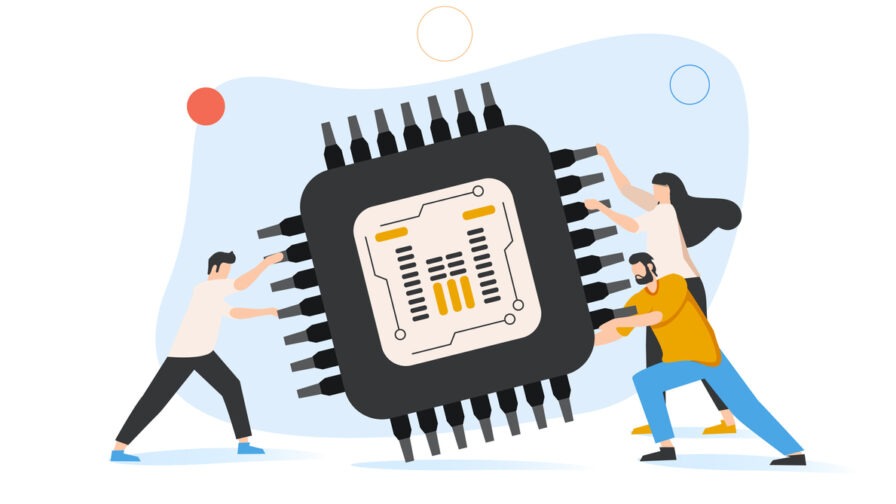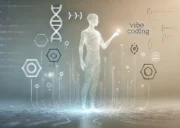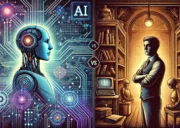
Introduction
In the dawn of the digital age, mastering the art of ‘Googling’ was considered a must-have skill. Fast forward to today, and we find ourselves navigating the complex landscape of generative artificial intelligence (AI). It’s a brave new world where the rules of engagement are being rewritten, and the skillset required is evolving at a rapid pace.
The days of mere keyword hunting are behind us. Today, working effectively with AI demands a more sophisticated understanding. It’s not just about what you know, but how you apply it in the context of empathy, culture, and societal nuances.
This article explores this seismic shift, highlighting the crucial role that soft skills now play in AI. From collaboration and communication to ethical decision-making and UX design, we delve into how these human-centric skills are shaping the way we interact with and leverage AI technology.
Join us as we journey through this exciting evolution, examining the ways in which our relationship with AI is becoming less about codes and algorithms, and more about understanding, adapting, and connecting in a rapidly changing world.
Essential Soft Skills for The Era of AI
In the rapidly advancing era of AI, technical know-how alone is insufficient. Professionals must now embrace vital soft skills to leverage AI effectively and responsibly. Beyond coding expertise, qualities like empathy, communication, adaptability, and ethical reasoning are crucial. This section explores key soft skills for AI, emphasizing the significance of understanding culture, context, adopting new technologies, and prioritizing user needs. Mastering these skills is not only pivotal for shaping AI’s future but also for ensuring its alignment with human values and societal welfare.
Team Synergy and Communication: AI initiatives often bring together teams from various disciplines, each with its own unique expertise. Effective dialogue and cooperation are key for developers, data scientists, and subject matter experts to synchronize their efforts and share insights to reach project objectives.
Understanding User Perspectives: Soft abilities like empathy and active listening equip AI practitioners to better comprehend the needs and hurdles faced by users. By tuning into user viewpoints, they can customize AI solutions to address real-world issues more effectively.
Ethical Aspects: AI introduces ethical dilemmas around privacy, bias, and fairness. Soft skills such as ethical judgment and decision-making are essential for AI professionals to ensure that AI systems are responsibly designed and used, taking into account their potential social impact.
Resilience and Adaptability: The fast-paced evolution of AI technology necessitates professionals to be resilient and open to adopting new tools, methodologies, and frameworks. Soft skills encourage a growth mindset, enabling individuals to continually learn and stay abreast in this ever-changing field.
Problem Resolution: AI projects typically present intricate challenges. Robust problem-solving skills and critical thinking and innovation empower AI professionals to devise novel solutions and effectively overcome hurdles.
User Experience (UX) Design: AI applications need to be intuitive and user-friendly. Soft skills in UX design and user research assist AI teams in crafting interfaces and interactions that users find straightforward and easy to navigate. It’s key to use AI to boost inclusive design and accessibility.
Contextual Understanding of AI: Soft skills enable AI professionals to appreciate the broader context in which AI is implemented. This includes societal, cultural, and economic factors that can influence AI projects and their outcomes.
User-Oriented Approach: AI should cater to its intended users and meet their specific needs. Soft skills empower AI professionals to maintain a user-oriented approach, ensuring that AI solutions meet user expectations and needs.

Soft Skills and AI: What the Future Holds
As we navigate the final bend in our exploration of AI and soft skills, it’s clear that the key to leveraging this transformative technology goes far beyond algorithmic prowess or coding competence. The era of merely ‘Googling’ has given way to a new dawn where the skillset required for working with generative AI extends into the realms of empathy, culture, and context.
A successful AI professional is not just a technologist but also a compassionate communicator, a discerning ethicist, an adaptable learner, and a creative problem-solver. As AI continues to evolve, so too must our approach to it. By fostering these soft skills, we can ensure that we’re not just keeping pace with AI’s rapid advancement, but also harnessing its potential responsibly, ethically, and effectively for a future where technology and humanity coexist in harmony.




